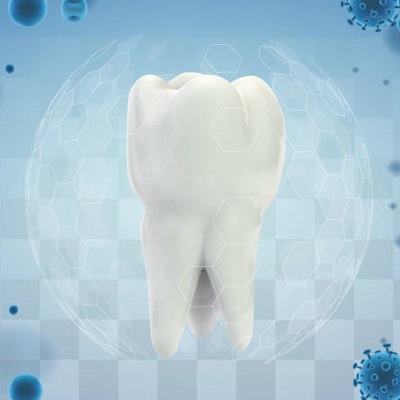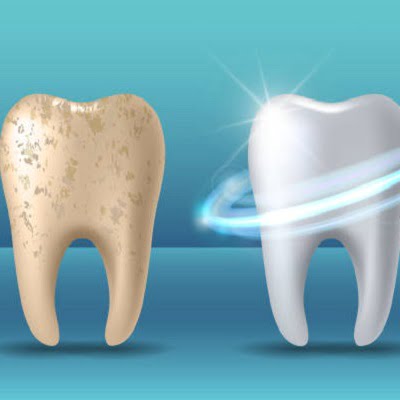
A radiant, white smile is often considered a symbol of good oral hygiene and aesthetic appeal. In pursuing the perfect smile, teeth whitening has become an increasingly popular cosmetic dental procedure. While the promise of a brighter smile is enticing, it’s crucial to understand the pros and cons of teeth whitening in Islamabad before embarking on this journey. So, take a moment and read the following details!
Teeth Whitening Pros & Cons
Pros of Teeth Whitening:
Enhanced Aesthetics:
The primary reason individuals opt for teeth whitening is the desire for a more aesthetically pleasing smile. Whitening treatments effectively remove stains and discolourations caused by various factors, such as food, beverages, smoking, and ageing. A brighter smile can boost self-confidence and contribute to an overall positive self-image.
Improved Self-Confidence:
A whiter smile often correlates with increased self-esteem and confidence. When individuals feel good about their appearance, they are more likely to engage socially and professionally with greater assurance. Teeth whitening can have positive psychological effects, leading to a more fulfilling and satisfying life.
Non-Invasive Procedure:
Teeth whitening is generally a non-invasive dental procedure compared to other cosmetic treatments, such as veneers or dental implants. Most whitening methods involve applying a bleaching agent to the surface of the teeth, making it a quicker and less complex process than some alternatives.
Convenient Options:
Teeth whitening offers various convenient options to suit individual preferences and schedules. Over-the-counter whitening products provide at-home solutions, like toothpaste, strips, and gels. Professional treatments, on the other hand, can be performed in a dental office, often with quicker and more noticeable results.
Treatment Customization:
Professional teeth whitening treatments allow for customization based on individual needs. Dentists can tailor the concentration of the bleaching agent and the duration of the treatment to achieve the desired level of whitening while minimising potential side effects.
Cons of Teeth Whitening:
Tooth Sensitivity:
One of the most common side effects of teeth whitening is increased tooth sensitivity. The bleaching agents used in whitening procedures can penetrate the enamel, irritating the nerves within the teeth. This sensitivity is often temporary but can be uncomfortable during and after the treatment.
Gum Irritation:
Some individuals may experience gum irritation as a result of teeth whitening. The bleaching agents can cause inflammation and discomfort to the gums, especially if they come into direct contact with the soft tissues. Dentists typically apply protective measures, such as a rubber dam or gel, to minimise this risk during professional treatments.
Uneven Results:
Teeth whitening may only produce uniform results if various factors cause discolouration. Certain stains may be more resistant to whitening treatments, leading to uneven colouration. Additionally, existing dental work, such as crowns or veneers, may not respond to whitening agents in the same way as natural teeth.
Temporary Results:
The longevity of teeth whitening results varies among individuals and depends on lifestyle factors. Consuming staining substances like coffee, tea, or red wine and engaging in habits like smoking can contribute to the re-staining of teeth over time. Maintenance may require periodic touch-ups or adjustments to lifestyle choices.
Cost Considerations:
Professional teeth whitening can be relatively expensive, especially compared to over-the-counter options. While the cost may be justified for those seeking immediate and professional results, it may pose a barrier for individuals on a tight budget. Over-the-counter products are more affordable but may take longer to achieve noticeable results.
The Bottom Line!
Teeth whitening offers several advantages, allowing individuals to enhance their smiles and boost their confidence. However, it’s crucial to weigh these benefits against the potential drawbacks. Tooth sensitivity, gum irritation, uneven results, temporary effects, and the associated costs are important considerations for anyone contemplating teeth whitening.
Ultimately, the decision to undergo teeth whitening should be based on an informed understanding of the pros and cons, personal preferences, and consultation with a dental professional. Maintaining realistic expectations and adopting good oral hygiene practices can contribute to a brighter, healthier smile that lasts.









